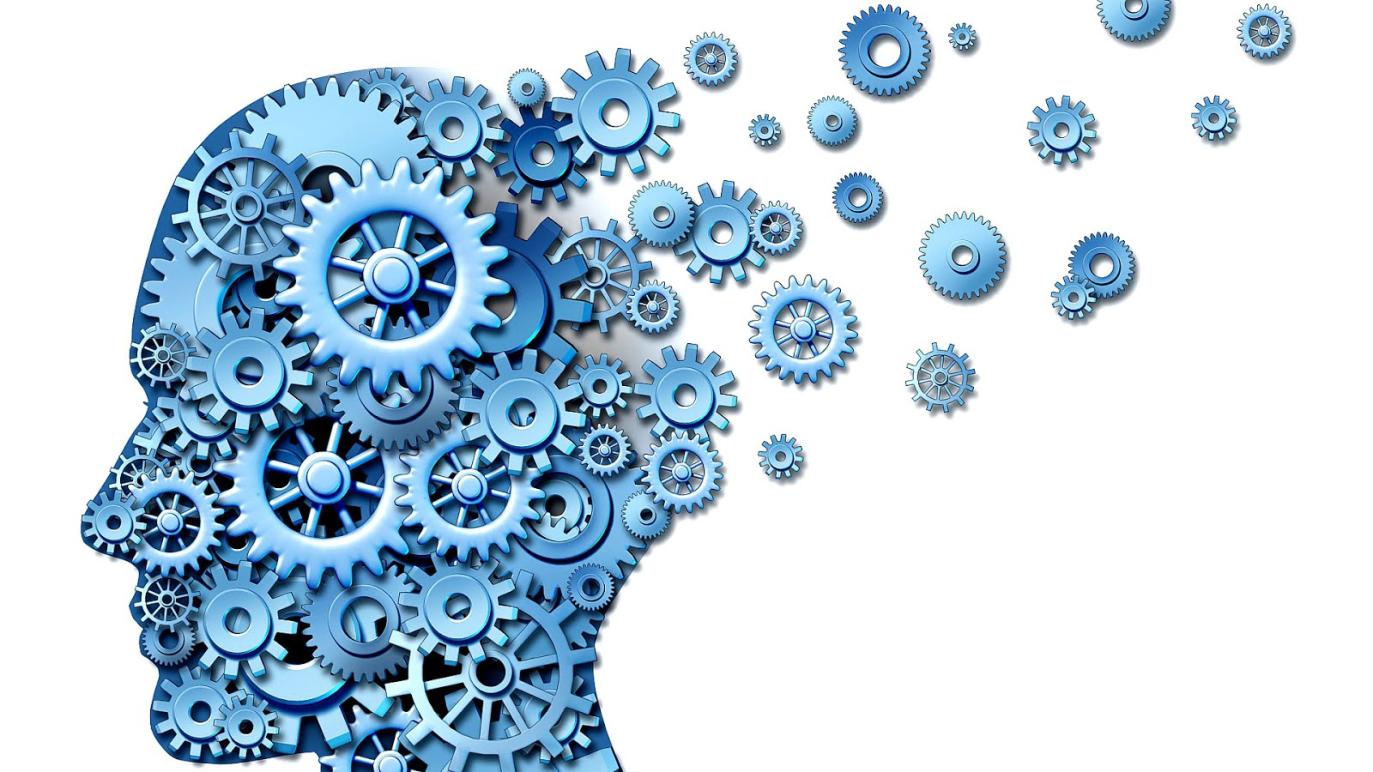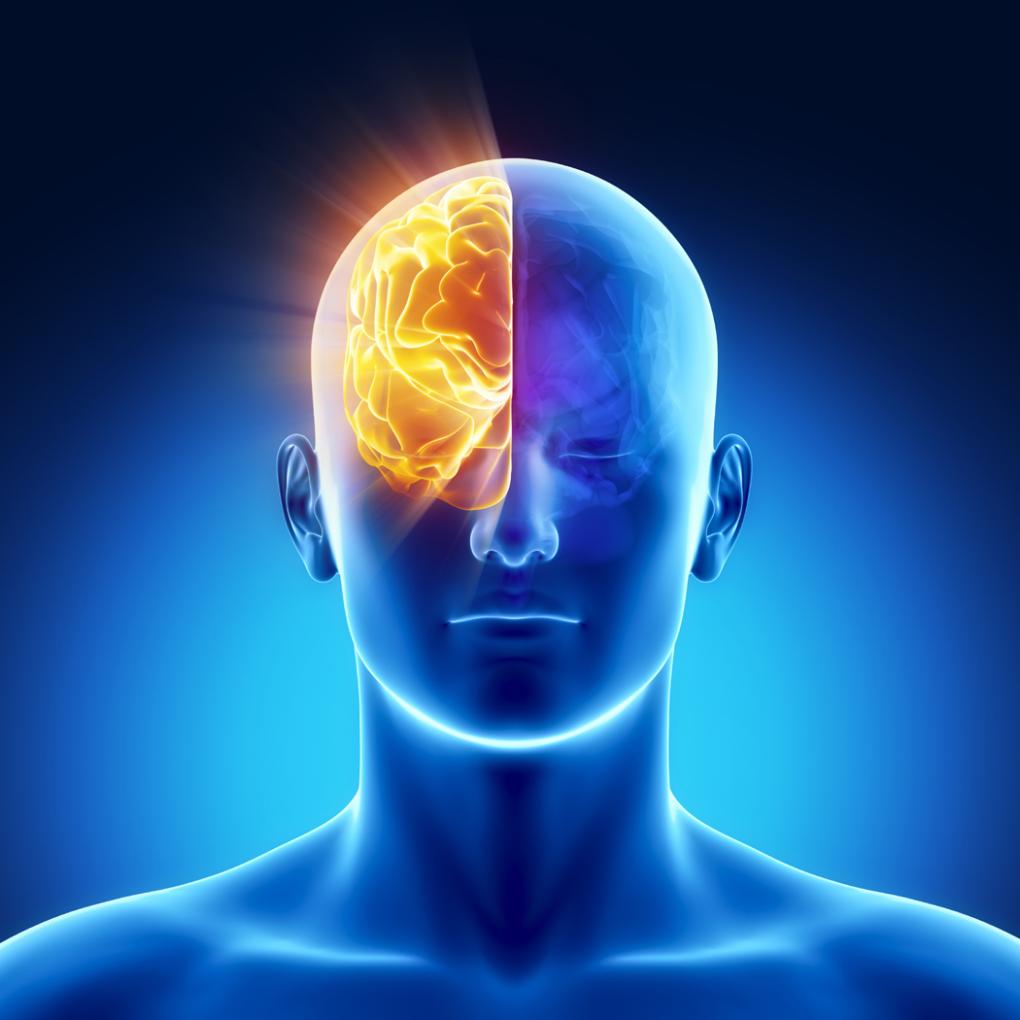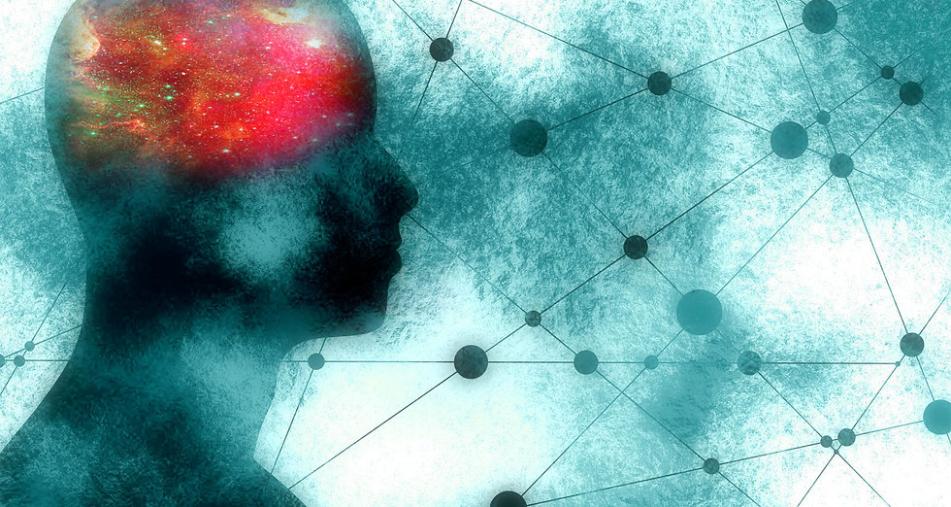Mind-Brain Connection: Unveiling the Neurobiological Roots of Mental Health Disorders
The intricate relationship between the mind and the brain has long fascinated scientists, philosophers, and mental health professionals alike. Understanding this connection is crucial for unraveling the mysteries of mental health disorders, which affect millions of individuals worldwide. This article delves into the neurobiological underpinnings of mental health disorders, exploring the complex interplay between brain processes and mental well-being.

Neurobiological Basis Of Mental Health Disorders
Mental health disorders are not merely psychological conditions; they have a tangible neurobiological basis. This section explores some key neurobiological factors implicated in mental health disorders:
- Neurotransmitters and Their Role in Mental Health: Neurotransmitters, such as serotonin, dopamine, and norepinephrine, play a vital role in regulating mood, cognition, and behavior. Imbalances or dysregulation of these neurotransmitters can contribute to the development of mental health disorders.
- Brain Circuits and Connectivity: The brain is a complex network of interconnected circuits that govern mental processes and behavior. Disruptions in these circuits, such as altered connectivity or abnormal activity patterns, can lead to mental health disorders.
- Neuroimaging Techniques: Advances in neuroimaging techniques, such as fMRI and PET scans, have enabled researchers to visualize and study brain activity and structure. These techniques have provided valuable insights into the neurobiological basis of mental health disorders.
Specific Mental Health Disorders And Their Neurobiological Underpinnings
Different mental health disorders exhibit distinct neurobiological abnormalities. This section examines the neurobiological underpinnings of three common mental health disorders:
- Depression: Depression is associated with alterations in neurotransmitter levels, brain circuits, and neural plasticity. Genetic factors, environmental stressors, and epigenetic changes play a role in the development of depression.
- Anxiety Disorders: Anxiety disorders involve neural mechanisms in the amygdala, hippocampus, and prefrontal cortex. Fear conditioning, stress response systems, and neurotransmitter imbalances contribute to the development of anxiety disorders.
- Schizophrenia: Schizophrenia is characterized by structural brain changes, altered neurotransmitter function, and impaired connectivity. Genetic factors, environmental factors, and neurodevelopmental processes are implicated in the development of schizophrenia.
Implications For Treatment And Prevention

Understanding the neurobiological basis of mental health disorders has significant implications for treatment and prevention:
- Pharmacotherapy: Medications, such as antidepressants and antipsychotics, target specific neurotransmitter systems or brain circuits to alleviate symptoms of mental health disorders. However, limitations and potential side effects of pharmacotherapy exist.
- Psychotherapy: Psychotherapy, including cognitive-behavioral therapy and psychodynamic therapy, helps individuals modify their thought patterns, behaviors, and emotional responses. Psychotherapy can induce neural changes that underlie therapeutic effects.
- Prevention and Early Intervention: Early identification, risk assessment, and preventive interventions can reduce the burden of mental health disorders. Addressing underlying neurobiological factors is crucial in prevention and early intervention strategies.
Exploring the neurobiological underpinnings of mental health disorders has provided valuable insights into their causes, mechanisms, and potential treatments. Continued research in this field is essential to improve our understanding, treatment, and prevention of mental health disorders, ultimately leading to improved outcomes for individuals affected by these debilitating conditions.

YesNo

Leave a Reply